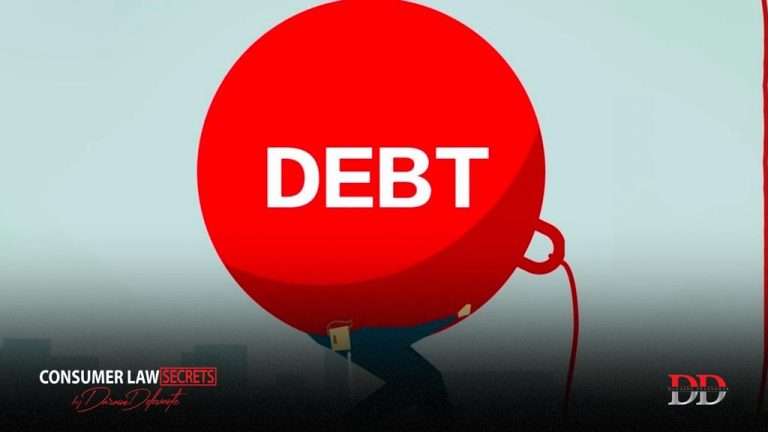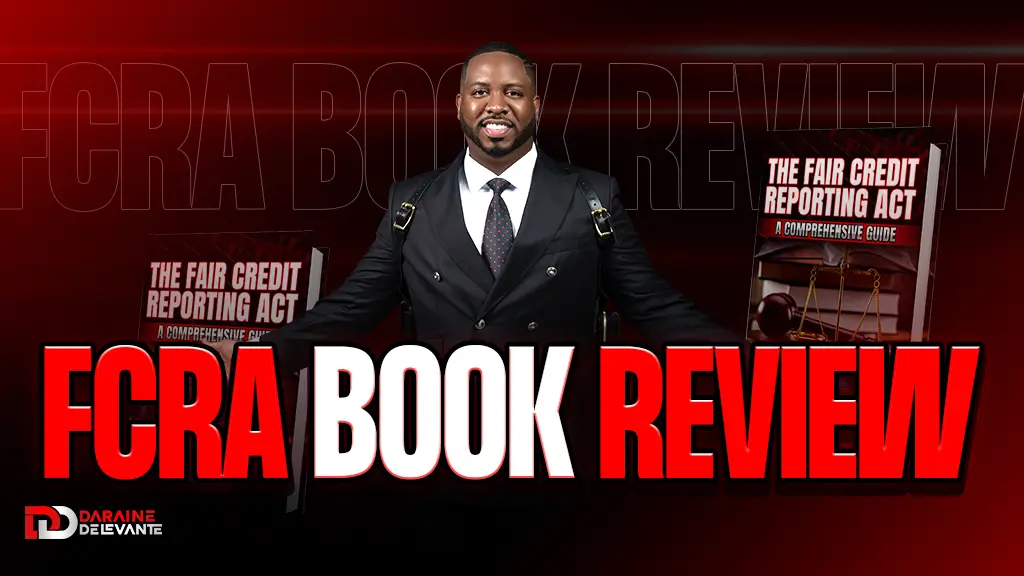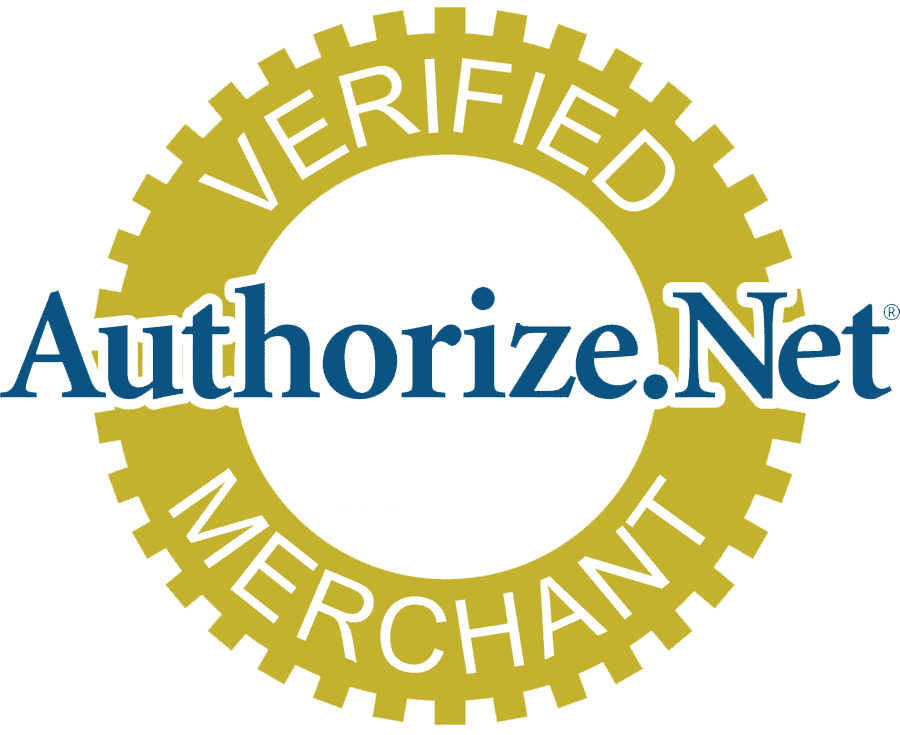How to Opt-Out of a Forced Arbitration Clause
In an era where contracts govern many of our transactions, from subscribing to a new phone plan to accepting a job offer, arbitration clauses have become a fixture in the fine print. But what exactly does it mean for you, the consumer, and why should you consider opting out? This exploration into the intricacies of arbitration clauses seeks to illuminate their significance and how making an informed decision to opt out can empower your consumer choices.
What Is an Arbitration Clause?
Arbitration clauses are provisions in contracts that require parties to resolve disputes through arbitration, rather than through the court system. This method is favored by businesses for its efficiency and confidentiality. However, it diverges significantly from traditional court proceedings by limiting discovery, excluding a jury, and often restricting appeals. For consumers, this means a less familiar and potentially less favorable path to dispute resolution.
FICO E-book x Consumer Law Dispute Letters: The Ultimate Credit Empowerment Duo
Embark on a comprehensive exploration of credit mastery.
Introducing the “FICO E-book x Consumer Law Dispute Letters Bundle” – a combined powerhouse designed exclusively for those determined to optimize their credit journey.
The Potential Downsides of Arbitration for Consumers
Despite its advantages in speed and cost for businesses, arbitration can pose several disadvantages for consumers. These include limited ability to gather evidence (discovery), the absence of a jury, and the potential for decisions skewed in favor of businesses, who are frequent participants in arbitration and may indirectly influence arbitrator selection. Moreover, the binding nature of most arbitration decisions, with limited grounds for appeal, means consumers have one shot at justice, often in a playing field perceived to be uneven.
What Are the Benefits of Opting Out of Arbitration?
Opting out of an arbitration clause—when contracts allow—restores your right to sue in court and participate in class action lawsuits. This not only preserves individual recourse to a more transparent judicial process but also enables collective action. Class action suits, in particular, can be a powerful tool for consumers, potentially leading to significant compensations and driving corporations to alter unfair practices.
Opt out of Arbitration Letter: SHOP NOW
How to Opt-Out of Arbitration Clauses
Opting out requires vigilance and prompt action. First, read contracts thoroughly to identify any arbitration clauses. These provisions often include instructions for opting out, usually requiring you to send a written notice within a certain timeframe.
Negotiating contracts to exclude or amend arbitration clauses is another avenue, albeit less common in standardized consumer contracts. Regardless, awareness and timely action are crucial. Missing a deadline to opt out usually means the clause becomes binding for the duration of the contract.
Gain Collective Power in Consumer Law
Arbitration clauses are a staple of modern contracts, often tipped in favor of businesses and limiting consumers’ options for dispute resolution. By understanding the implications of these clauses and the process for opting out, consumers can reclaim their power in the legal landscape. This act of opting out not only preserves individual rights but also supports the collective power of consumers to effect change through the judicial system.
In the vast sea of contractual fine print, the choice to opt out of an arbitration clause is a beacon of empowerment, illuminating a path to greater fairness and accountability in consumer transactions. As we navigate our contractual worlds, let’s arm ourselves with the knowledge to make informed decisions, championing our rights and, by extension, the rights of the consumer community at large.
For more information on arbitration clauses, contact Daraine Delevante, your trusted Consumer Law Expert.








